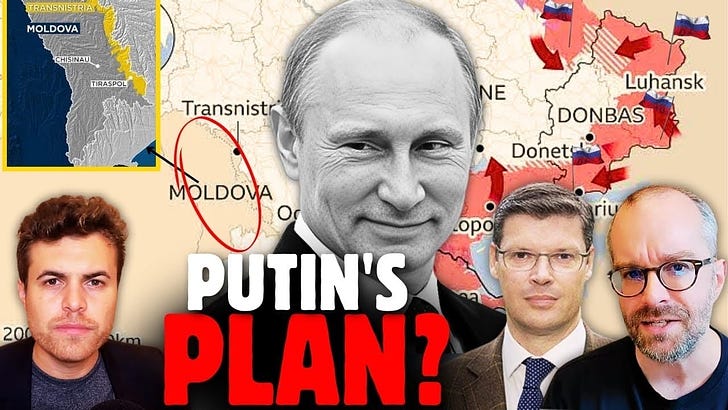Cost of Conflict: How the Ukraine Russia War Could Have Played Out Differently
There is limitless speculation about what caused the Ukraine War, but also how it could end. In part 2, my guests and l dissected just some of them.
Appreciate my commitment to producing diverse, yet fact-based content? Remember to like and share with others who will gain value from it like you do. It’s a small action with a big impact!
In part 2 we discuss the role of ethno-nationalism in Russia and how it contrasts with Putin's emphasis on multiculturalism.
We covered the propensity for Putin to follow through with all his war aims and why the war in its
We also touched on the potential for separatism in Russia and the dangers it poses as a nuclear state before touching on the role of Prigozhin's failed coup and the internal cohesion of Russia
We then shifted to the Balkans, specifically Serbia, and the influence of Russia in the region, including whether Russia-Serbia relations are deep-rooted or just transactional.
Takeaways
Putin has to play the multicultural card in Russia due to its cultural and religious diversity.
The potential for separatism in Russia is a concern, especially considering its status as a nuclear state.
There are concerns about the growing pro-Russian sentiment in Serbian society.
Future developments in Russia's foreign policy in the Balkans, particularly Serbia and Kosovo, are uncertain.
Note: Our talk is but one perspective. Its not intended to be exhaustive nor reflective of all the factors at play. Nor is it an attack on a specific country and people - criticism of a government is not a criticism of the people.
As always on the Global Gambit, l aim to elevate diverse opinions on complex issues, enrich you with intellectual discourse, and come away better informed to help form your own conclusions.



